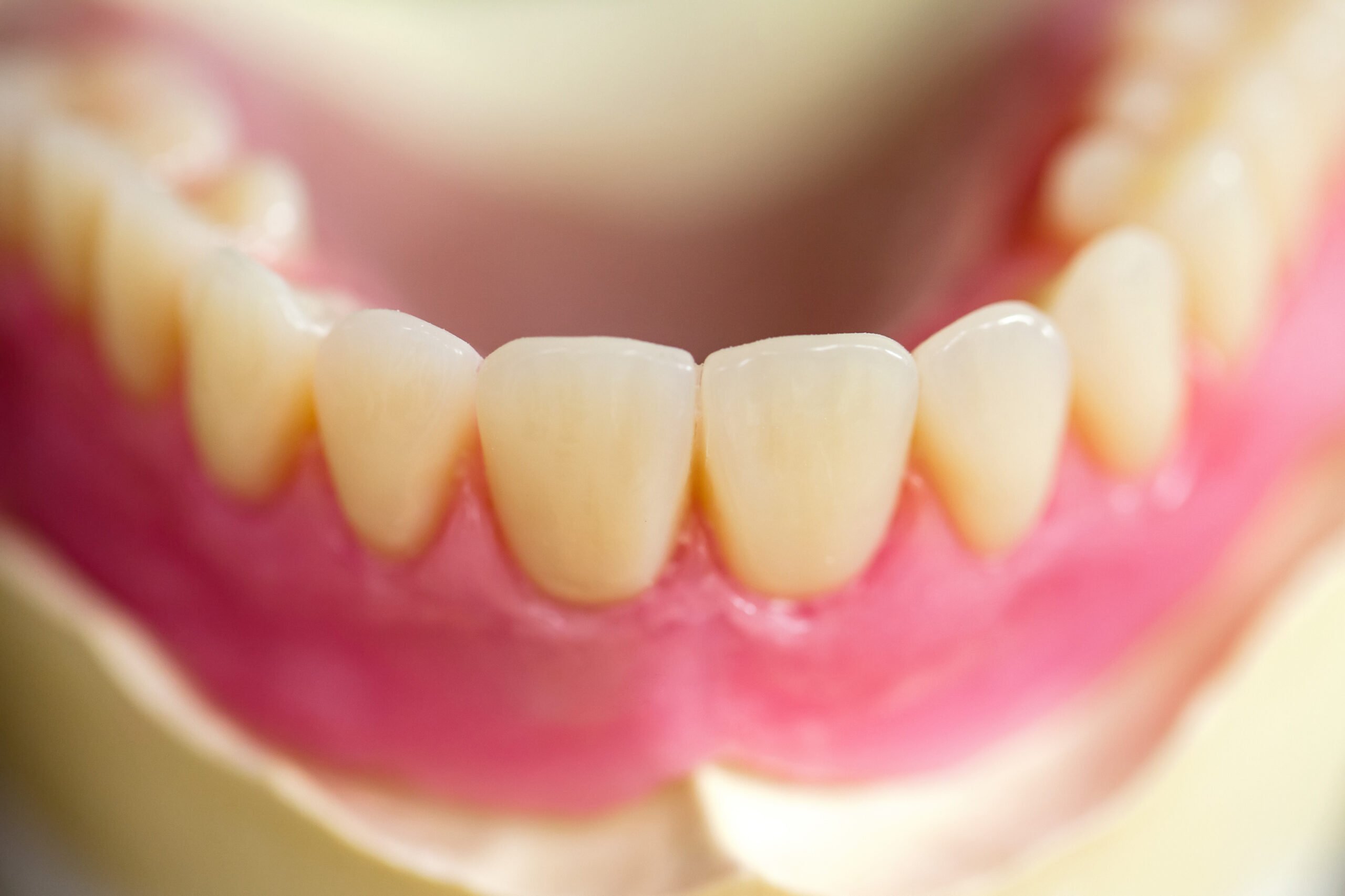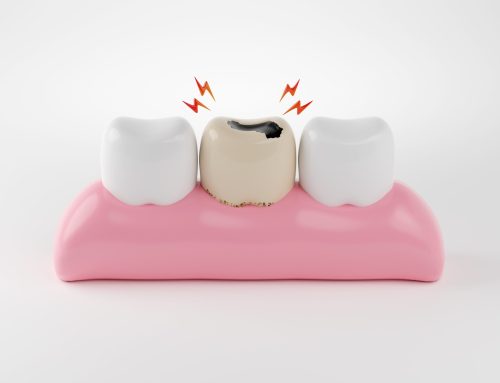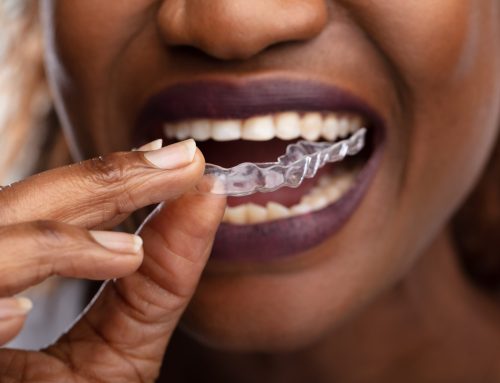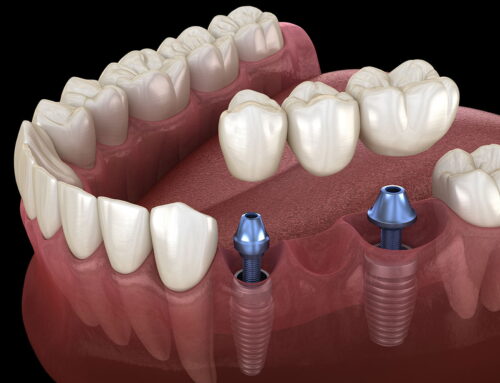Maintaining a clean, healthy smile involves more than regular brushing; it requires strategies to combat common dental issues like tartar buildup. Tartar, or dental calculus, is a hardened deposit that can form on teeth and under the gum line, often leading to gum disease and decay if not adequately managed. This blog will guide you through practical strategies to prevent tartar buildup, helping you maintain optimal oral health and a brighter smile.
Understanding Tartar: What You Need to Know
Tartar starts as plaque, a sticky film composed mainly of bacteria. When plaque is not removed within 24 to 72 hours, it hardens and turns into tartar, which is much more challenging to remove and can cause a host of dental issues.
The buildup of tartar can lead to:
- Gum Disease: Tartar can cause gum irritation and lead to periodontal disease.
- Cavities and Tooth Decay: Tartar provides a surface where bacteria can thrive, producing acids that erode tooth enamel.
- Cosmetic Concerns: Tartar can stain teeth and lead to a yellow or brown discoloration.
While this may sound discouraging, there are preventative measures you can adopt to protect your teeth from the risks of tartar buildup.
Proactive Measures to Prevent Tartar Formation
To effectively prevent tartar buildup and maintain your dental health, adopting a proactive oral hygiene routine is essential. This includes comprehensive brushing and thorough flossing to target plaque before it hardens into tartar. Let’s delve into the specific techniques and practices that can help you enhance your daily dental care, starting with the right way to brush and the crucial role of flossing in keeping your teeth and gums healthy.
Brushing Techniques
To maintain optimal oral health, brushing your teeth twice a day using fluoride toothpaste and a soft-bristled toothbrush is crucial. Fluoride helps to protect teeth by strengthening enamel and combating tooth decay, while the soft bristles prevent gum irritation and enamel wear. During brushing, make sure to thoroughly clean all surfaces of each tooth, including the fronts, backs, and chewing surfaces, as well as along the gum line where plaque often accumulates. Additionally, consider the benefits of an electric toothbrush, which can enhance your cleaning routine. Electric toothbrushes are particularly effective at removing plaque due to their consistent motion and ability to reach difficult areas that manual brushing might miss. Adopting these brushing habits can significantly reduce plaque buildup and lower your risk of developing tartar.
The Importance of Flossing
Understanding the importance of flossing is crucial in maintaining comprehensive oral hygiene. Flossing daily is vital in removing plaque from places your toothbrush simply cannot reach—between the teeth and beneath the gumline. These are areas particularly susceptible to plaque accumulation, which, if not addressed, can harden into tartar and lead to gum disease and tooth decay. By incorporating flossing into your daily routine, you clean these critical spaces and stimulate the gums, reducing inflammation and promoting overall gum health. This practice complements brushing by providing a complete clean that toothbrushing alone cannot achieve. Regular flossing is essential in your oral care regimen to ensure your teeth and gums remain healthy.
Use the Right Products: Tartar-Control Toothpaste
Using tartar-control toothpaste containing fluoride can help prevent tartar buildup. These toothpastes often contain chemical compounds that slow tartar formation above the gum line.
Antiseptic Mouthwash
Rinsing with an antiseptic mouthwash can help kill bacteria in the mouth, further reducing plaque formation.
Regular Dental Visits: Professional Cleanings
Visit Somerset Dental every six months for a professional cleaning. Our dental hygienists can remove any plaque and tartar you may have missed during your home care.
Dental Exams
Regular exams allow our dentists to detect early signs of tartar buildup and provide guidance on improving your oral hygiene practices.
Dietary Choices That Help Prevent Tartar
Eating a balanced diet and limiting sugary snacks can reduce plaque formation. Bacteria in your mouth thrive on sugary foods, producing acids that lead to dental issues.
Stay Hydrated
Drinking plenty of water helps wash away food particles and bacteria, the precursors to plaque and tartar. It also promotes saliva production, which naturally helps to cleanse the teeth.
Dental Sealants
Ask your dentist about dental sealants. These can be applied to the chewing surfaces of the back teeth, where decay often starts and can help prevent plaque accumulation.
Custom Mouthguards
If you grind your teeth at night—a condition known as bruxism—you may be at higher risk for tartar buildup. A custom mouthguard can protect your teeth while you sleep.
Preventing tartar buildup is crucial for maintaining long-term dental health and ensuring your smile remains bright and beautiful. By adhering to a strict oral hygiene routine, choosing the right dental products, and regularly visiting Somerset Dental for cleanings and check-ups, you can significantly reduce the risk of tartar formation and its associated problems. Remember, the key to a healthy smile is prevention. Whether you’re due for a cleaning or need personalized oral hygiene advice, our Somerset Dental team supports every step of your dental health journey. Book your appointment today and take a proactive step towards a healthier smile.
How often are you flossing to prevent tartar buildup? How are you going to tackle tartar build-up?





